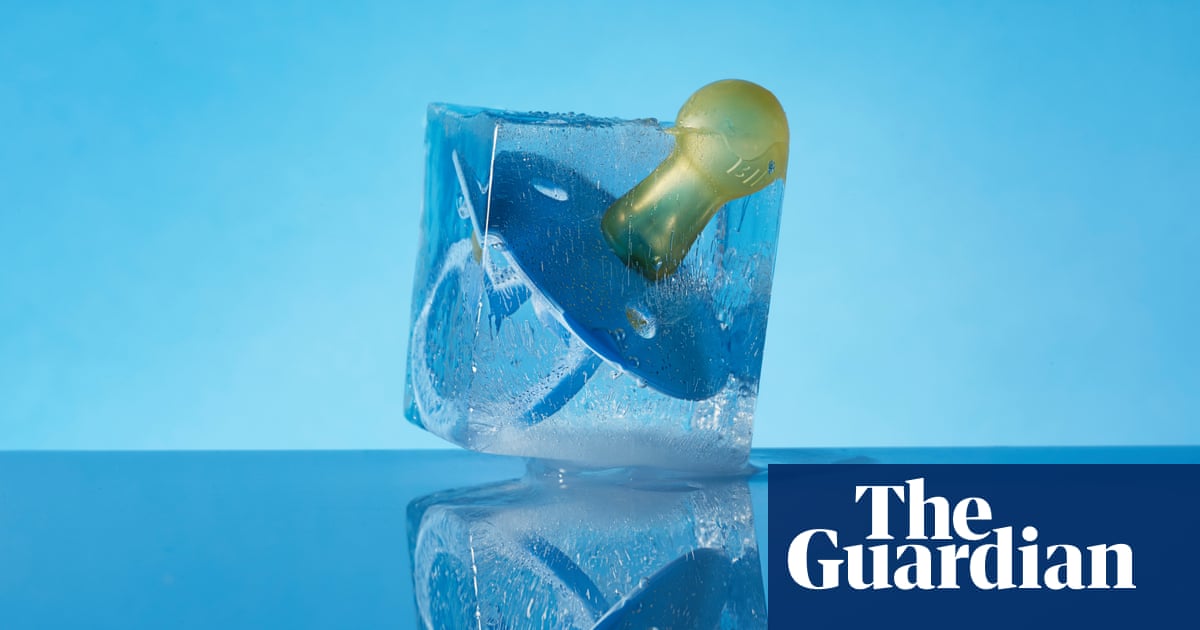
"According to the Human Fertilisation and Embryology Authority (HFEA), the UK's regulator for the fertility industry, there was a 170% increase in the number of egg freezing cycles between 2019 and 2023. The technology has been around since the 80s, but became more accessible in the 00s with vitrification, a flash-freezing technique. Now, celebrities such as Florence Pugh and Michaela Coel openly discuss their experiences of it, and companies such as Meta, Spotify and Goldman Sachs subsidise the procedure for employees."
"In the same way as in an IVF cycle, the ovaries are hormonally stimulated to overproduce follicles, which each contain a single egg. Once these follicles mature, the resulting eggs are retrieved under sedation, and frozen. When you're ready to use them, they're warmed and mixed with sperm before getting transferred to your womb, again as with IVF. If you're thinking about putting your eggs on ice, you should know you're signing up for IVF if you can't get pregnant naturally."
Egg freezing preserves oocytes for later fertilisation but carries clear limitations and no guarantee of a live birth. Use increased markedly in the UK, with a 170% rise in egg-freezing cycles between 2019 and 2023 according to the HFEA. Vitrification, a flash-freezing technique, made the technology more accessible. Public figures and some employers have normalised and subsidised the procedure. The process involves hormonal stimulation of the ovaries, retrieval of mature eggs under sedation, cryopreservation, and later warming, fertilisation and embryo transfer as in IVF. The industry faces criticism for commercialisation and lack of transparency. Patients should understand potential failure and downstream IVF requirements.
Read at www.theguardian.com
Unable to calculate read time
Collection
[
|
...
]